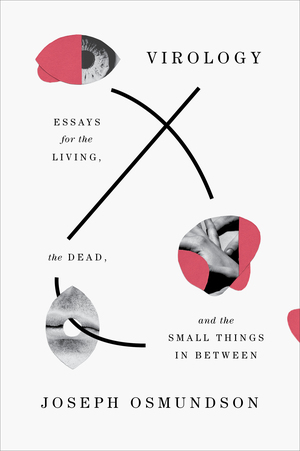Plenty of scientists have written books, but it’s rare to come across a truly compelling writer who also happens to be a scientist. We are so lucky that microbiologist Joseph Osmundson is both. In his essay collection Virology (Norton), Osmundson’s dexterity with prose renders even the most difficult-to-comprehend phenomena (for this layperson, anyway!), not just accessible but beautiful.
It’s the perfect book for readers who don’t want to choose between learning something and getting caught up in words. A blend of incisive personal writing along with technical science writing, with forays into public health policy as well as literary theory, Virology considers a kaleidoscope of aspects about how we live with viruses, how they work, and how we talk about them. In writing about HIV and Covid-19, Osmundson enjoins us to resist metaphors that seek to make sense of viruses through a lens that’s violent (Patrick Nathan joins Osmundson to write a searing essay about the dangers of the so-called “‘war’ against Covid-19”) or victim-blaming. Rather, in a gorgeous essay about the fundamental queerness of viruses and how they replicate (“Queerness includes anything that resists simple—nuclear—explanations of family and reproduction”) and a meditation on the evolution of viruses to the tune of an LCD Soundsystem song (“I can change, I can change, I can change”), Osmundson offers less explored ways to view the way we share the world with viruses.
Virology is also a wonderful reminder that most viruses in the world are harmless, and so a little bit of collective action can go a long way. “Our work is to live alongside viruses and to protect as many human lives as we can,” writes Osmundson. “This depends, in part, on what viral stories we tell, what viral metaphors we use.”



